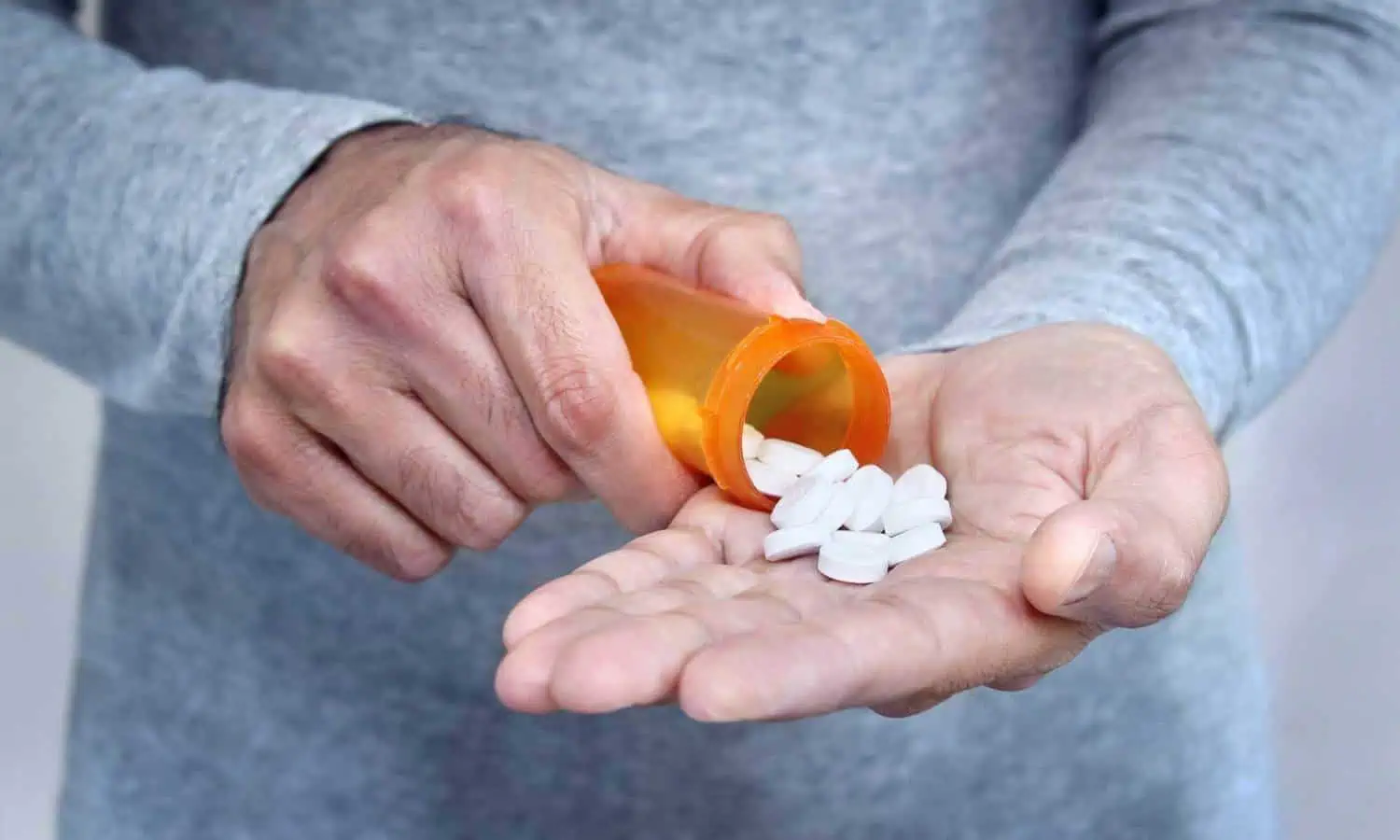The initial stages of recovery are often described as a rollercoaster of emotions. As the mind and body begin to heal from years of addiction, a flood of unfamiliar feelings can be overwhelming. Emotions that were previously numbed by substance abuse now want attention, and the process of learning to cope with them can be very new and often confusing. With so many new beginnings in recovery, mistakes in early sobriety are a real possibility.
Also, a person is faced with the task of rebuilding their life, repairing damaged relationships, and navigating the complexities of a sober lifestyle. They may also experience physical symptoms, such as anxiety or fatigue after quitting alcohol or drugs. The sudden absence of the substance that once provided a sense of escape can leave the individual feeling lost, disoriented, and vulnerable to relapse. Below are 10 common mistakes to avoid during early recovery.
1. Expecting Instant Gratification
It’s easy to become impatient with the belief that everything will change overnight due to newfound sobriety. Instant gratification examples include expecting relationships to mend, restoring mental and physical health, and an overall sense of well-being to be fully realized in a matter of weeks.
However, the reality is that recovery is a gradual process that requires patience, dedication, and a willingness to put in the hard work. Rebuilding one’s life after addiction is akin to constructing a sturdy foundation—it takes time, attention to detail, and a commitment to the process.
2. Rushing into Romantic Relationships
When it comes to sobriety and relationships or dating in AA, you may hear from others with long-term sobriety that you should wait at least one year before dating someone in recovery. While this is a suggestion, dating someone in recovery can be full of minefields and traps, particularly if one or more people are also recovering from dependency.
You may feel a strong desire to fill the emotional void left by addiction or may believe that romantic relationships in recovery will provide the stability and support you crave. If you think you are the exception to this rule—early on, relationships in recovery rarely work. The risk of codependency and relapse is high, and it’s not uncommon for two people with substance abuse disorders (SUDs) to relapse together. Relationships in addiction recovery or dating someone in recovery aren’t off-limits forever, but you need time to work on yourself.
3. Attempting to “Fix” Loved Ones
You may feel a strong urge to help loved ones who are still struggling with addiction. This noble intention, however, can often backfire and lead to disappointment and strained relationships. Family recovery is possible, but the people must be ready.
It’s important to remember that addiction is a deeply personal and complex issue, and each individual must find their own path to recovery. Trying to force a loved one into sobriety, even with the best of intentions, can be counterproductive and may even damage the relationship further. Instead, focus on your healing and personal growth, setting a positive example and providing support when loved ones are ready to seek help.
4. Comparing Oneself to Others
One of the most common mistakes in early recovery is the temptation to compare progress in recovery to that of others. You may look at peers who appear to be thriving in their sobriety and feel a sense of inadequacy or failure.
However, comparing oneself to others can lead to feelings of discouragement, low self-esteem, and a heightened risk of relapse. Instead, celebrate your victories and recognize your recovery timeline may differ from others.
5. Overcommitting and Burnout
Experiencing a surge of energy, motivation, and optimism is common in early recovery, also referred to as the “pink cloud.”. This can lead to a tendency to overcommit, taking on too many responsibilities and obligations in an attempt to “make up for lost time.” Fatigue after quitting alcohol or drugs is common, and this can undermine your goals.
While this enthusiasm is admirable, it can also be a recipe for disaster, as the stages of burnout in recovery can lead to relapse. Becoming overburdened and overwhelmed can quickly lead to feelings of stress, anxiety, and burnout, which can undermine recovery efforts. It’s essential to pace yourself, prioritize self-care, and be mindful of your limits during this critical transition period.
6. Maintaining Unhealthy Friendships
You may be tempted to maintain relationships with friends or acquaintances who are still actively using drugs or alcohol, believing you can prove the ability to resist temptation. Healthy relationships in recovery are vital, and particularly in early recovery, you must avoid people, places, and things that may be triggers to relapse.
Being around individuals who are actively engaged in substance abuse can trigger cravings, weaken one’s resolve, and increase the risk of relapse. Individuals in early recovery must surround themselves with new beginnings in recovery, with a supportive network of sober peers who can provide encouragement, accountability, and a healthy social environment.
7. Setting Unrealistic Expectations
Another stumbling block and common mistake in early recovery is setting unrealistic expectations about the path to sobriety. You may believe your life will instantly improve, relationships will be mended, and you will achieve inner peace and contentment. This is very similar to expecting instant gratification, however, this pitfall is aimed more at those who are a few months in. Whatever toll addiction has taken, new beginnings in recovery take time, and patience is key.
While these aspirations are understandable, they can also be detrimental to one’s recovery. Unmet expectations can lead to disappointment, frustration, and a sense of failure, which may squash your motivation and commitment to recovery.
8. Neglecting to Ask for Help
Those who are newly sober may be reluctant to ask for help, feeling a sense of pride or shame, believing that they should be able to handle their recovery on their own.
Addiction is complex, and no one should be expected to navigate it alone. While dating someone in recovery early on is frowned upon, healthy relationships in recovery are crucial, particularly with a support system. Asking for help is a sign of strength, not weakness, and it can be the difference between sustained sobriety and relapse.
Whether it’s reaching out to a sponsor, a therapist, or a trusted loved one, those in early recovery should not hesitate to seek the support and guidance they need.
9. Neglecting Self-Care
During the overwhelming changes and challenges of early recovery, it’s easy to neglect your self-care. Demands of your recovery program, relationships, and daily responsibilities can lead to failing to prioritize physical, mental, and emotional well-being.
However, neglecting self-care can have dire consequences. Individuals who fail to engage in regular exercise, healthy eating, and stress management techniques may find themselves more susceptible to relapse, as they lack the necessary resources to cope with the stresses and triggers of early recovery.
10. Expecting Immediate Forgiveness and Trust
After someone becomes newly sober, it’s quite common for them to want to immediately apologize to family and friends that they’ve hurt; however, this may be poor timing and a recipe for relapse. Repairing relationships in recovery is a must—at least attempting to—but it’s unwise to take this step early on.
It’s important to understand that rebuilding trust and repairing relationships in recovery takes time, patience, and consistent action. Loved ones who have been hurt by addiction may need to see tangible evidence of commitment to recovery before they are able to fully trust and forgive. Approach this process with empathy, understanding, and a willingness to put in the hard work required to earn back the trust they have lost. Also, remember that family recovery and therapy may be an option to help rebuild.
There’s a lot to navigate during the first year of recovery, but long-term recovery and sobriety are possible as long as you’re willing to put the work in, whether it’s through the 12 Steps of Alcoholics Anonymous or a different support network, such as SMART Recovery.
It’s important to steer clear of people who will trigger you, avoid dating someone in recovery early in sobriety, and be patient during your first year, and your newfound sobriety will be much more navigable.
If you or a loved one is struggling with addiction, Mountainside can help.
Click here or call (888) 833-4676 to speak with one of our addiction treatment experts.

 By
By 







